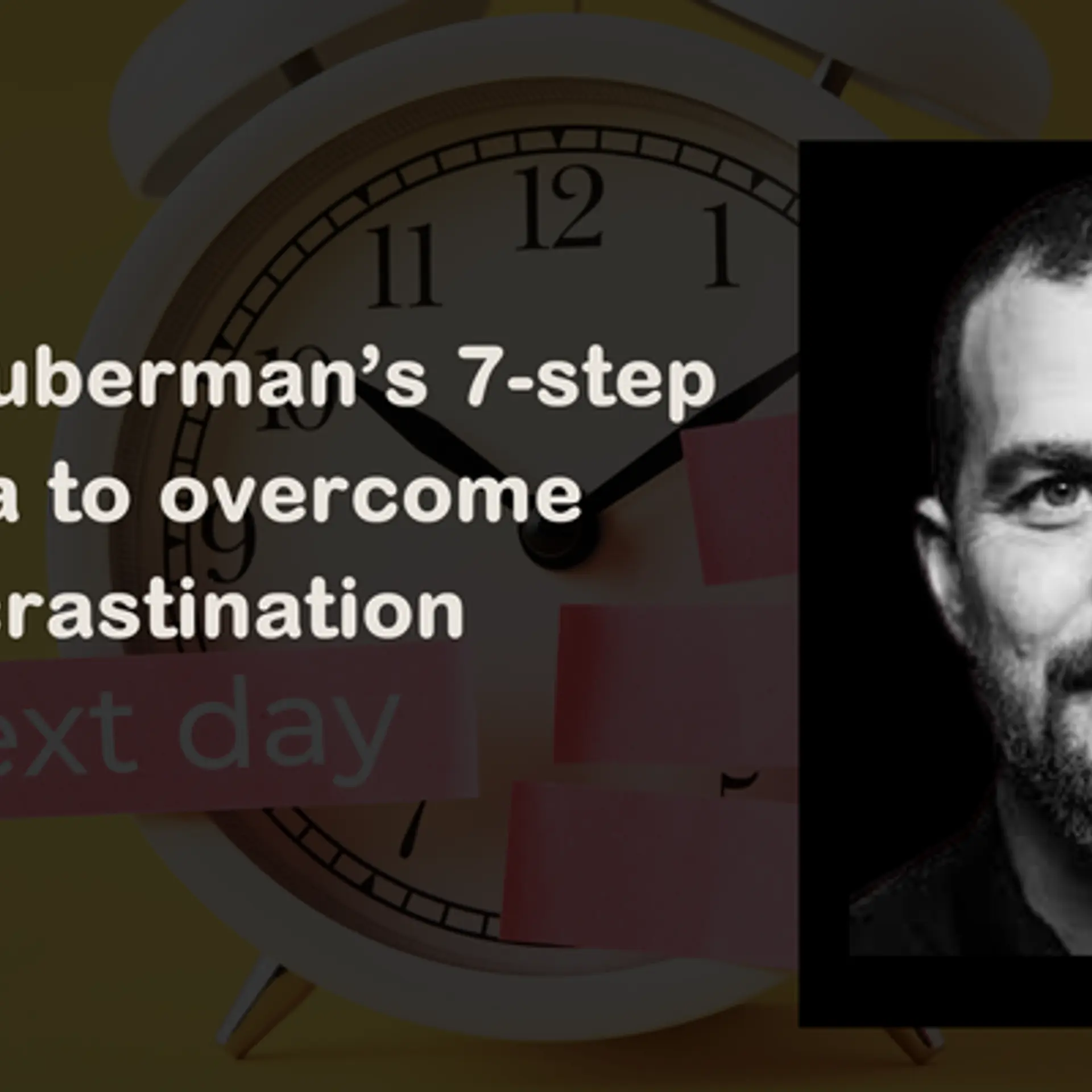This is the right time to implement sustainability strategies in your business!
Sustainability has always been a matter of concern for startup businesses. Limited resources, day-to-day operations and the pressure to cater to a company’s target audience may not leave much room for developing sustainable business strategies, especially if you’ve just started out. Before we get on to understanding the significance of having a sustainable business and how you can prioritise the agenda, let’s see what industry cognoscenti have to say about sustainable business practices.

Image : Shutterstock
“Forward thinking companies that adapt positively to the sustainable business agenda will be at the forefront of resource productivity, reducing waste and of environmental reporting. They and their management teams make things happen ahead of their competitors.” – Michael Meacher, Environment Minister (UK).
“We are seeing the birth of a new perspective of the world, where ecology and economics are two sides of the same coin.” – Lief Johansson, chairman, Ericsson.
What do these quotes signify?
Past discussions at various business conventions, The Eighth Annual GreenBiz Sustainability Conference 2016, to begin with, have always focused on classic issues associated with creating a sustainable business. These issues include modelling and communicating the return on investment (ROI) on sustainability, incentivising employee engagement, measuring shared value and enabling the top management to see sustainability as a part of core strategies.
However, when we talk about sustainable startup businesses, a lot of entrepreneurs contemplate the investment required to develop sustainable business strategies and whether they are even capable of exhausting that amount on a strategy that may or may not give the expected return. If you are going through the same dilemma, here are four priorities that you need to work upon to ensure that your business practises sustainability without losing its grip:
Creating a solid framework
You may need not work on taking large initiatives. Practice small activities and encourage your employees to do the same. For instance, double-sided printing, transforming production and reducing the impact of logistics on the environment are just a few things that you can do so to keep your business environment-friendly. The idea is to create policies and regulations that ensure minimal negative impact on the global environment, community, society and economy.
Integrating sustainability at all levels
The idea is to communicate sustainability strategies to everyone who is a part of your business. This means starting with implicating them at the top management and ensuring that the priorities trickle down to the subordinate level. You should also create guidelines for your vendors and business associates. Encourage them to implement methods of production and distribution that have minimal impact on the environment. Hold workshops and meetings to brainstorm how to incorporate sustainability into your organization.
Supporting sustainability-driven innovations
Startups are all about creating innovations, and it is imperative to pound on the ones that are sustainability-driven. Supporting innovations that reveal ways to reduce any harmful impact on the environment can create positive social changes as well as benefit varied business models. It pays to look out for trends that initiate collaborations to fill internal knowledge gaps.
At the end of the day, having a sustainable business approach is a long term learning process and particularly needs readjustment according to the subsequent shifts in the environment and economy driven policies. While sharing simple emails and posters is a great way to start, stepping up with in-depth analysis and expert guidance would ensure better ROIs in the long run.
(Disclaimer: The views and opinions expressed in this article are those of the author and do not necessarily reflect the views of YourStory)







